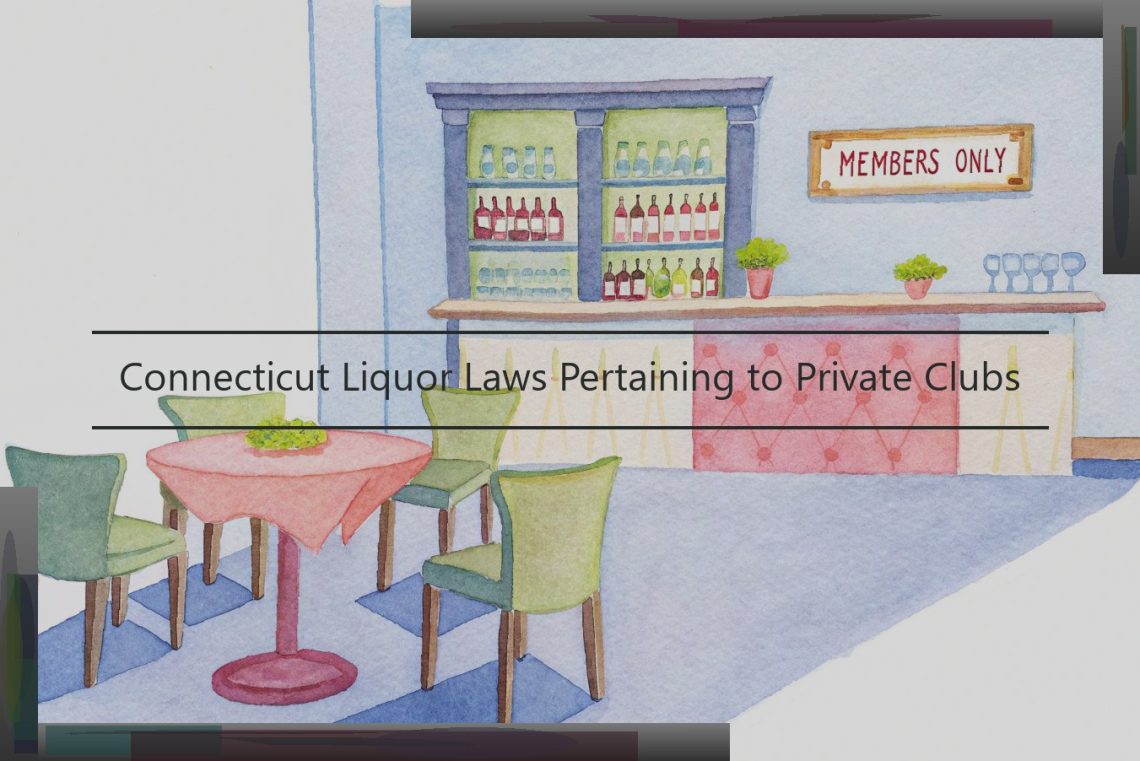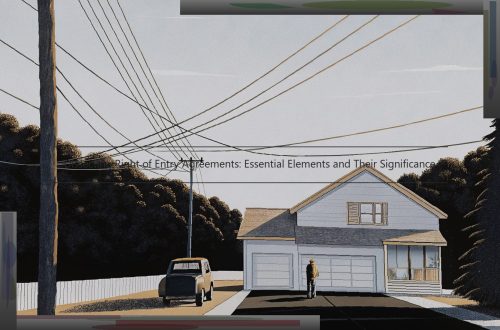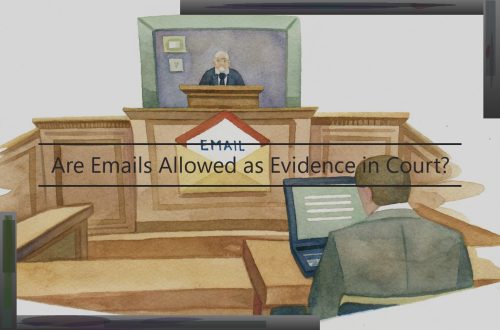
Connecticut Liquor Laws Pertaining to Private Clubs
Introduction to the CT Liquor Laws
Since the repeal of Prohibition in 1933, state governments have maintained regulatory authority over the manufacture and sale of alcohol. The regulation of commercial activities involving alcohol ("Liquor Control") is generally provided for by both state and local statute and jurisprudence, and enforcement is typically in the hands of complex multi-tiered administrative bodies. This post will examine these statutory organizations and provide a brief legislative history of Liquor Control in Connecticut.
In Connecticut, Liquor Control is governed by the Connecticut Liquor Control Act, CGS § 30-1 et. seq. ("Liquor Control Act"). As set forth in the Liquor Control Act, the "Commissioner of Consumer Protection" (the "Commissioner") has authority over the manufacture and distribution of alcohol at the state level. CGS §30-6(a).
In CT, the Department of Consumer Protection ("Department") has been given the authority of Commissioner with the passing of Public Act No. 05-280, effective July 1, 2005. In furtherance of its stated purpose "to have a regular source of revenue to finance a complete investigation of and secure absolute control over the liquor traffic", the Liquor Control Act provides for an initial licensing and an ongoing compliance scheme for public, private, and charitable clubs selling alcohol. CGS § 30-7. At the municipal level, CCM-42-1 et. seq . governs liquor control at private social clubs. The Liquor Control Division of the Department of Consumer Protection, also known as the "Department of Butler Elves", has been given responsibility for local enforcement of the Liquor Control Act. In addition, Department has the authority to ensure the "full protection of the lives, health, and reasonable welfare of all persons employed in or entering into or passing through any licensed premises." CGS § 30-6(a). In 2015, it was estimated that 55.5% of the revenues collected by the State of Connecticut were from the Liquor Control Act. Rising both in value and volume, the sale of alcohol and spirits represents a lucrative revenue source for the state. Therefore, the statutory organization of the CT Liquor Control Division remains a priority of the Department. Its most recent overhaul came with the passing of Public Act No. 17-36, effective October 1, 2017, which grants emergency suspension powers to the Commissioner and/or Department. Previously, powers to suspend the permit of a licensee required a showing from the Commissioner of either "material false statements on the license application" or "offenses against the public health, morals, or safety" of the licensee that "affect [the licensee’s] operation or the public." The Act allows for an initial 30 day suspension of a license pending the final outcome of any administrative proceedings.
Private Clubs: Definition and Licensing Process
Connecticut has its own definition of "private club", which is a social club organized to be exempt from taxation under federal law by the Internal Revenue Service, or any organization which meets all of the following conditions:
Although there is no specific provision in the Connecticut liquor laws for private clubs to serve alcohol to its members and their guests, they may do so (as with any qualified permittee) by applying for and obtaining a permit from the Department of Consumer Protection. The state liquor control laws specifically outline the minimum requirements of private, nonprofit organizations applying for a club permit. To obtain a club permit for on-premise consumption, the organization must be one of the following: There are two categories of liquor permits that private social clubs may apply for: a druggist permit or a nonprofit club permit. These two types of permits are separate and distinct with their own respective rules and regulations. It is not uncommon for an organization to seek to obtain both. The club must have a permit for on-premise consumption of liquor for serving alcohol to its members and their guests. A non-profit "club" which does not seek and obtain an on-premise permit is limited by state law to only serving beer and wine at its social events (such as dances and parties) and may not serve its patrons during any other periods.
Legal Activities and Prohibitions
Permitted Activities and Restrictions: When a Private Club Serves Alcohol in Connecticut
Our liquor lawyers get questions from clients like this all the time: "I operate a Connecticut private club that’s been in business for 40 years. We’re open to the public on weekends. The liquor commissioner says we need a liquor permit to serve wine at dinners. They say otherwise, but they won’t tell us the reason. Can you help?" We’re pretty good at answering these questions. And the very first thing we do is look up the law and see if a particular activity is permitted or not. In this case, the law allows private clubs to serve alcohol to members and guests, but not to the general public. This requirement is pretty easy to understand. It means that a bar or restaurant venue that’s open to the public (as in, it doesn’t require "membership") needs a liquor permit. That’s because it’s not a private club. Where it gets more complex, however, is in how clubs can market their services and events. Sure, as a Connecticut private club you can have bingo nights and casino nights. You can host charitable fundraisers. Your members can hold private parties. You can have coffee chats, game nights, and book clubs. Members can volunteer, too, running events at your house or church basement or community room. But there’s one catch: the members need to know they can use the club for these things. Otherwise, you need a liquor permit. It’s important to reemphasize here that, by "members," the laws mean individuals who belong to the club, not just the general public. (Think about that B-52s song from back in the ’80s — the words make it pretty clear why this is the case!) Let’s say you want to host an event for individuals who are not members. You would first need to have them come into the club before you could serve them alcohol, because the venue needs to be open for business and available to members generally for the club to use to serve alcoholic beverages. If you wanted to serve liquor at this event, you would need a liquor permit. That’s where our Connecticut club lawyers come in.
Permitted Hours of Operation and Service
In addition to the on-premise consumption concerns discussed above, private clubs also need to be aware of restrictions applying to the hours within which alcohol may be sold. As discussed in detail in this Connsteps post, private clubs are not permitted to make sales of alcoholic liquor after 1 a.m. However, if the private club has a special permit from the department, a private club is permitted to make sales until 2 a.m.
This takes us back to the first segment of this post. When a private club discontinues operations , the commissioner is permitted to revoke the club’s special permit for extended hours. Thus, unless a private club is truly in operation, there is no reason for seeking a special permit to operate until 2 a.m. Remember that the private club must still comply with the normal sales restrictions set forth in its membership application – such as bar and dining room hours of operation. And, of course, the approval of the higher volume permits places additional restrictions on when sales are permitted.
Enforcement Mechanisms and Penalties for Violations
Under the Connecticut General Statutes, the Department of Consumer Protection is charged with the enforcement of both the alcohol and gaming laws. The DCP’s Liquor Control Division is located in Hartfrod, which includes a Liquor Control Unit, Gaming Unit and Special Licensing & Events Unit. The Liquor Control Division conducts inspections and audits on liquor permittees to enforce compliance with the Connecticut General Statutes, regulations and local ordinances. Additionally, the Liquor Control Division works in conjunction with local police departments to conduct reverse stings and compliance checks within towns. Actions taken against a permittee for violating the laws, regulations or local ordinances include: a. A warning letter; b. A small fine, i.e. under a $1,000, so long as the permittee does not have a history of violations. In instances where there are multiple violations, the fines can increase, i.e. be $1,500, $2,500 and so on; c. A suspension of the liquor permit. The suspensions can be up to two weeks and are either effective on Monday through Saturday, or Saturday through Friday, unless otherwise indicated in the Liquor Control Commission order or relevant compliance letter. The licensee may continue to maintain the business premises during the period of suspension if it: Maintaining the premises solely for the purpose of allowing patrons to retrieve their person property shall not constitute business conducted on the premises, provided no liquor is consumed nor any sales of liquor are made. If a licensee violates the suspensions set forth in section 30-59(a)-15 of the regulations of Connecticut State Agencies (i.e. no liquor is consumed on the premises and no sales of liquor are made), then his liquor permit can be suspended for an additional one week to two month period. Any subsequent violation may result in the suspension of the liquor permit for three month to six month period, or even revocation of the permit. Going back to the enforcement of the liquor laws, however, if the inspection unit of the Department of Consumer Protection, Division of Liquor Control, discovers a security breach, i.e. the club’s entrance is not secured, a car or truck is being allowed into the club, activities taking place that are inconsistent with a private club, etc., then the state, along with the town in which the club resides, can conduct an immediate enforcement action and shut down the business until it comes into compliance. The Liquor Control Commission has the authority to fine individuals, both owners and non-owners who have participated in the illegal sale of liquor. It is a minority on-premises permittee who pays dues and is not a shareholder of the club who may be accused of a violation. The license category of this organization is "club." Permit holders for this type of license is unique. By law, 51% of the alcoholic beverage sold must be to a particular group or association who hold regular weekly or monthly meetings at the club, e.g. fraternal, benevolent, social, ethnic or yacht clubs.
Best Practices for Legal Compliance
To ensure compliance with Connecticut liquor laws, private clubs should implement the following best practices:
Training: the Connecticut Liquor Control Act requires that employees of private clubs satisfy the server training requirements established by Connecticut’s Department of Consumer Protection, Liquor Control Division. Details regarding server training certification can be found on the Liquor Control Division’s website, and any private club found to have a server working without certification is subject to an $800 fine.
Record-Keeping: private clubs should keep a record of the gender and age of each prospective new member limit to limit the sale of beer and wine to members’ spouses and/or family members , as applicable under the mandatory membership provisions.
Sale of Alcoholic Liquor by Private Clubs: private clubs that permit the sale of beer and wine to members only, and that do not permit the sale of beer and wine to the general public, are required to maintain a daily summary of the Club’s alcohol sales that includes a record of each member’s name, the type of alcoholic liquor that was sold, the quantity sold, and the date of the sale. This summary of the Club’s alcohol sales is made "readily available" to the Department of Consumer Protection, Liquor Control Division upon request.



